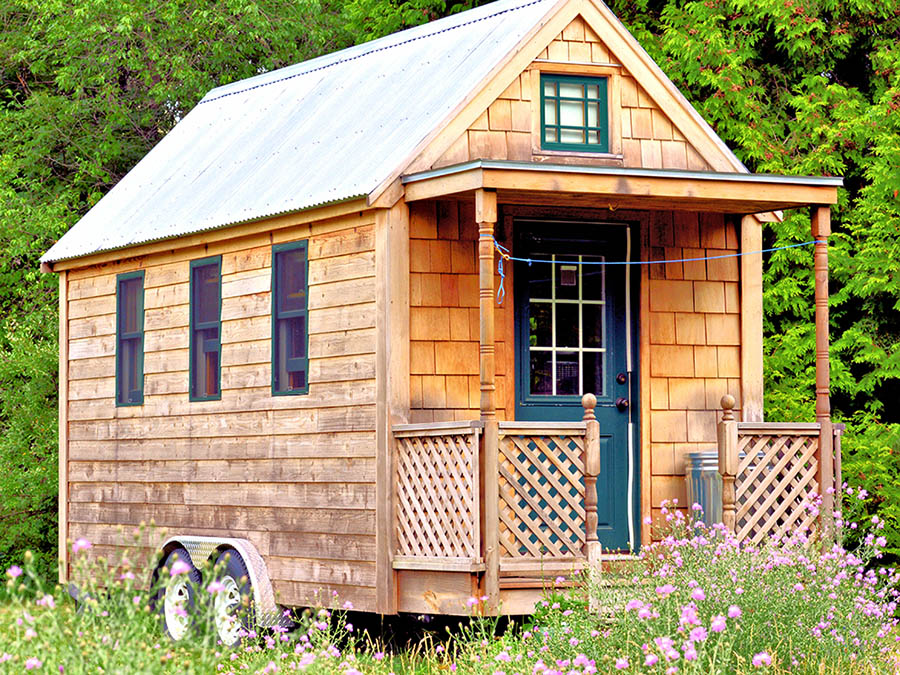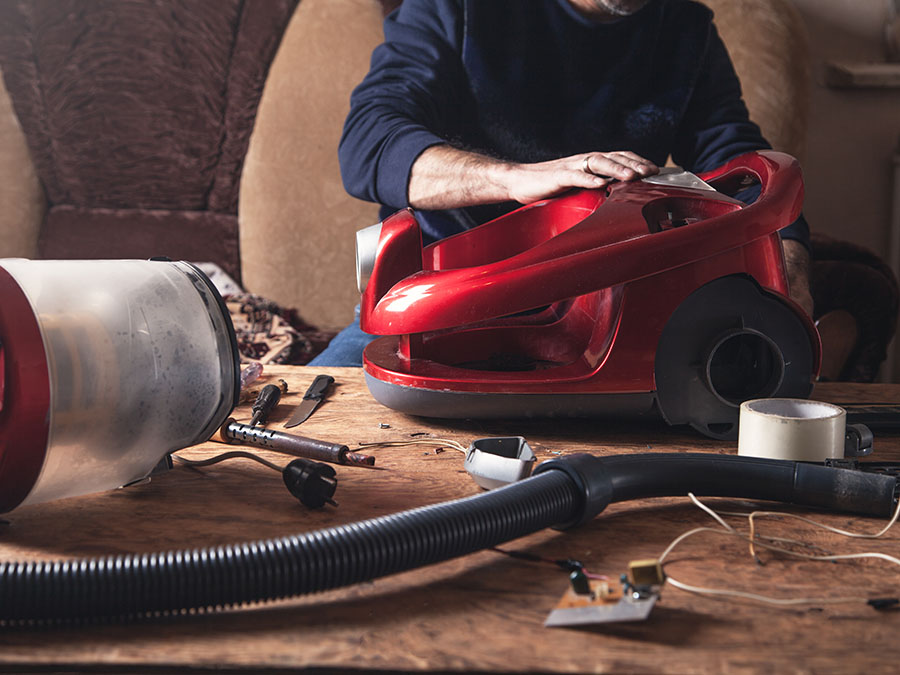
© magellan01 / AdobeStock
Environmental Law Clinic: Students Assess Legal Foundations
Research-based learning: In the Environmental Law Clinic, students shed light on legal matters for sustainable projects.
A good idea that is done quickly: Many environmental protection projects start with simple ideas. Their aim is to realize sustainable solutions in a quick and specific manner – for example enabling more ecological mobility with car sharing. What is often missing for such activities is a solid legal foundation. In the Environmental Law Clinic of the Research Center for European Environmental Law (FEU) at the University of Bremen, law students are now acquiring expertise that sheds light on the legal background.
Necessity is the mother of invention. And where the necessity is great or societal objections can hardly be withstood, new projects and solution approaches grow. Let us take the example of housing: There is an increasing lack of housing in large cities and rent is rapidly becoming more expensive. Alternatives must be found – and there are plenty: Initiatives such as “Mietshäuser-Syndicate” (Apartment Buildings Syndicate) want to slow down rent price increases via crowdinvesting, and the tiny house movement is to make living in simple, small, cheap houses possible. But what are the legal foundations?
Law Clinics Are Nothing New
“Sometimes, there is only very rudimentary information available,” says Professor Gerd Winter. The law scholar therefore founded the Environmental Law Clinic in the winter semester 2020/21. The clinic is located at the Research Center for European Environmental Law (FEU). “So-called law clinics are nothing new.” At the University of Bremen, where research-based learning is an important building block of teaching, such activities where students have to work very practically on cases have already taken place,” explains Winter. In the past, knowledge was acquired on the topics of the Ems barrier and Dollarthafen port, and there was a law consultation for prisoners.
“In times of pandemic, we wanted to promote students’ involvement with the Environmental Law Clinic.”
Now the issue at hand is environmental law. “That we started this initiative does have something to do with corona. In times of pandemic, we wanted to promote students’ involvement,” says the university lecturer. In the frame of a law degree, one usually learns top-down. “However, with this approach we wanted to take a direct look at society.”
Environmental Protection Often Starts “from the Bottom Up”
Society is facing a number of legal issues with the topic of the environment. Traditionally, environmental law is a government management tool. “The approach where environmental protection is managed from the bottom up has achieved a great deal yet in some aspects has also failed,” according to Winter. Many initiatives therefore try to realize environmental protection from the top down. The involved parties “simply start” to do things differently: With new living forms, via group financing of social issues, with repair cafes and climate workshops, with container diving, farm shops with regional / organic agriculture, car sharing, and much more.

© lowphoto / AdobeStock
The aim of the Environmental Law Clinic is to assess the arising legal questions by contacting various agents and then being able to provide answers with expertise. This is what law student Louisa Decker did when she worked on the topic of tiny houses. “It was twice as interesting for me as I had already done a bachelor’s degree in architecture prior to studying law,” she explains. There is absolutely no legal foundation for the tiny houses that are finding increasingly more fans and that could be one of many solutions for the current housing crisis. “That doesn’t make it very easy for constructors and those who live there as the German construction law is very strictly regulated in terms of regulatory and planning law. If you do not have the required background knowledge, it is very difficult to understand it all.”
In Planning: Guidelines for Tiny House Movement
That is why the 25-year-old has set herself the aim of writing a type of “guidebook” for the tiny house movement. “There is a large grey area,” is the summary of her analysis. “If one considers the foundation regulations, it is, however, legally sound to build something ‘small’.” This is not just accepted but even sometimes promoted in more rural areas.
Affordable housing is also the topic that Max Groth chose: apartment building syndicates. “They are self-organized groups that want to fight against rent increases with crowdinvesting,” explains the student. He took a closer look at the legal matters surrounding financing, “as money is a frequent topic for legal scholars.” Corona didn’t make his research easier, as many places where such group meet were closed. Law on bank supervision, subordinated debts, legal loan issues, and much more plays a role in his legal financial assessment of the syndicates that often function as a GmbH company – these are all terms that point to this being a very specific legal field.
Competence to Communicate Important Circumstances Trained
Alina Noglik is also in awe of the possibilities of the Environmental Law Clinic. “I worked on the issue of the legal background of repair cafes and re-use initiatives,” says the 24-year-old. It is an area that she’s very interested in. Thanks to her research, her competences to communicate circumstances that are the basis of a legal analysis, were trained – “that is something that we did too little of in the mandatory part of our degree and is now available in compulsory elective classes, such as the Environmental Law Clinic.”

© andranik123 / AdobeStock
Re-using and repairing as instruments against so-called obsolescence is a very current topic. “The term refers to the rapid ‘ageing’ of products or fashion due to the constant and quick development of new models,” explains Alina Noglik. “There are now a great deal of initiatives that view this development critically and aim to attain more sustainable product usage.” Where people fix devices in their free time and give them “a second life,” is also where legal issues arise – “especially due to the fact that repair cafes are so popular that they can no longer offer the originally planned ‘help for self-help’,” according to the law student. Instead of this, it is now the case that centers that carry out repairs as a service are now being created – “and now we’re back to liability issues,” is what she says and names a sub area of her research.
All participants from the first cohort hat fun – a repetition of the idea is planned for winter semester 2021/22.
All Knowledge Available on Web
Further topics from the Environmental Law Clinic include car sharing, container diving, or the “double wallet”, where a second wallet or purse makes individual consume with connected carbon dioxide emissions visible. All analyses are available as a PDF on the Research Center for European Environmental Law website. All ten participants from the first cohort hat fun – a repetition of the idea is planned for winter semester 2021/22.
Taking a look at the bigger picture, thinking critically, and searching for creative solutions – that are only some of the skills that students at the University of Bremen learn alongside their subject fields. A teaching concept with a high proportion of practical work and a close connection to research makes this possible. Since its beginnings, research-based learning has been a characteristic of the University of Bremen. Our online magazine up2date. will present exemplary projects from the broad spectrum of the university to you. You’re involved in such a project and think it’s worth writing about? Then get in touch: up2date@uni-bremen.de